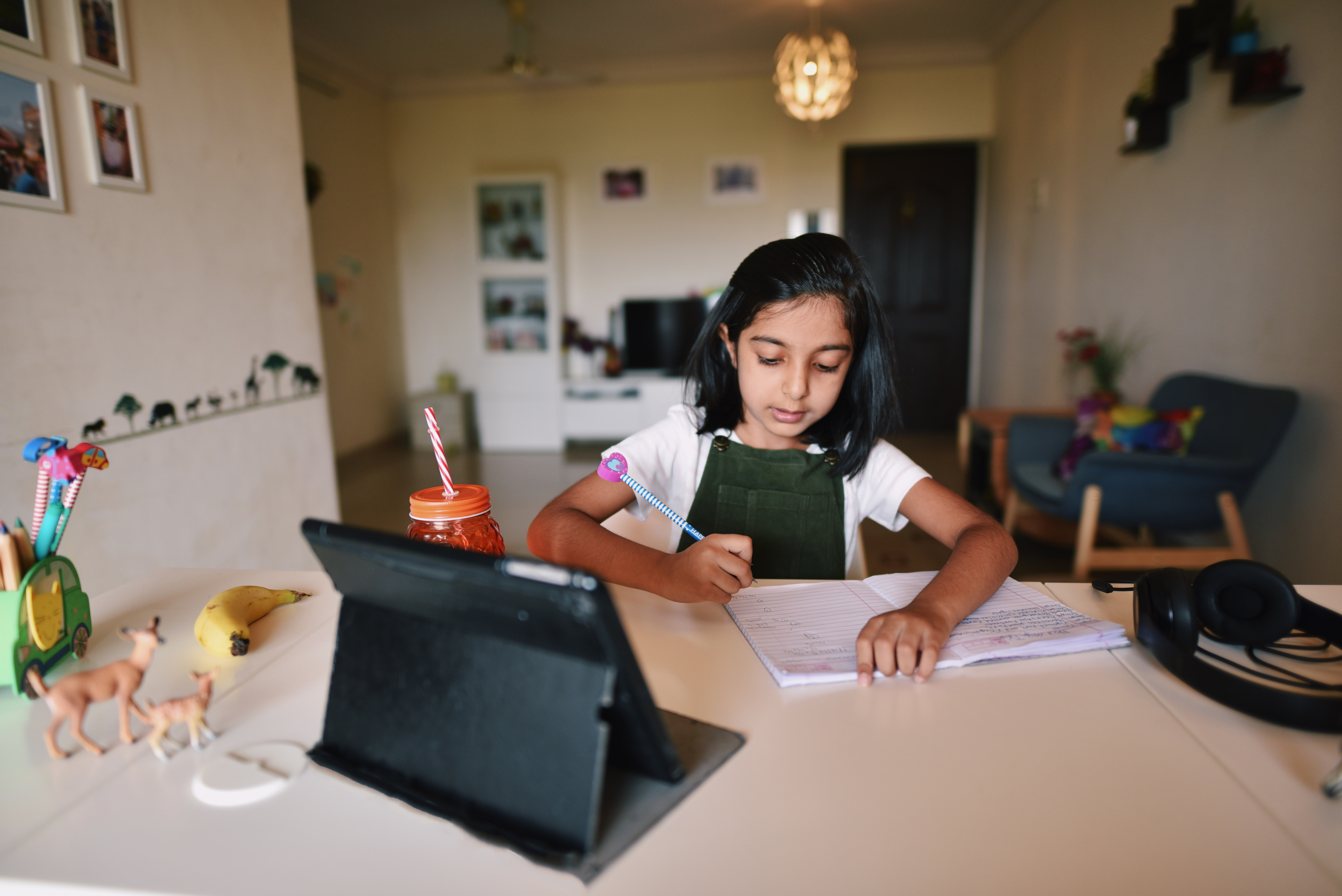ISPs Launch Bridge to Educational Connectivity
NCTA, other ISPs commit to low cost funding for more students

The smarter way to stay on top of the multichannel video marketplace. Sign up below.
You are now subscribed
Your newsletter sign-up was successful
Cable operator and telecom ISPs are offering school districts a discount on home broadband to help bridge the educational digital divide.
NCTA-The Internet & Television Association (as well as USTelecom) are teaming up with nonprofit EducationSuperHighway on the K-12 Bridge to Broadband, which will help public school districts and states identify the low-income students who need help to join the remote hybrid learning educational system prompted by the pandemic.
Cable ops who have committed to the program include Comcast, Cox, Charter, Mediacom and GCI.
“America’s broadband networks are continuing to play a critical role in helping the nation adapt to changes in daily life required by the COVID pandemic,” said NCTA president Michael Powell. “As the school year begins, these changes are front and center in many parts of the country, with family rooms temporarily replacing classrooms and more schools using online instruction to continue their educational mission. In rising to these challenges, the cable industry is continuing to provide robust and reliable service and is redoubling our efforts to work collaboratively with schools, communities and other partners to get families connected through innovative new service models that will foster and sustain the educational progress of our children.”
The basic approach of the K-12 Bridge to Broadband is that NCTA members will offer a "sponsored service" through which school systems can buy broadband for low-income students at a discount. ISPs will also work with school districts to identify the eligible students who don't have broadband.
ISPs will agree not to use any information shared with them by the school for target marketing to participating families or for other services unrelated to the sponsored service.
The new initiative got a shout-out from FCC chairman Ajit Pai, who urged school systems to use some of the billions in existing connectivity funding to help with the remote learning effort.
The smarter way to stay on top of the multichannel video marketplace. Sign up below.
“I thank NCTA and the EducationSuperHighway for launching this initiative to make it easier for students in low-income families to connect to the internet,” said Pai. “With the start of the school year and the continued reliance upon remote learning in many parts of the country, it is essential that students have the connectivity they need to continue their education through this and similar initiatives. I therefore reiterate my call for states and school districts to take advantage of the $16 billion in CARES Act funding that can be used to connect our nation’s students during the COVID-19 pandemic.
"The FCC has been working with the U.S. Department of Education to raise awareness of this CARES Act funding for remote learning, and this money is already having a positive impact. For example, in the District of Columbia, the CARES Act is making it possible for the D.C. government to cover monthly Internet bills for tens of thousands of children in low-income families who attend local public and charter schools. Similar initiatives using CARES Act funds have been launched in other states, including Alabama and Connecticut, to ensure low-income students are able to engage in remote learning during the ongoing pandemic.”
Contributing editor John Eggerton has been an editor and/or writer on media regulation, legislation and policy for over four decades, including covering the FCC, FTC, Congress, the major media trade associations, and the federal courts. In addition to Multichannel News and Broadcasting + Cable, his work has appeared in Radio World, TV Technology, TV Fax, This Week in Consumer Electronics, Variety and the Encyclopedia Britannica.

